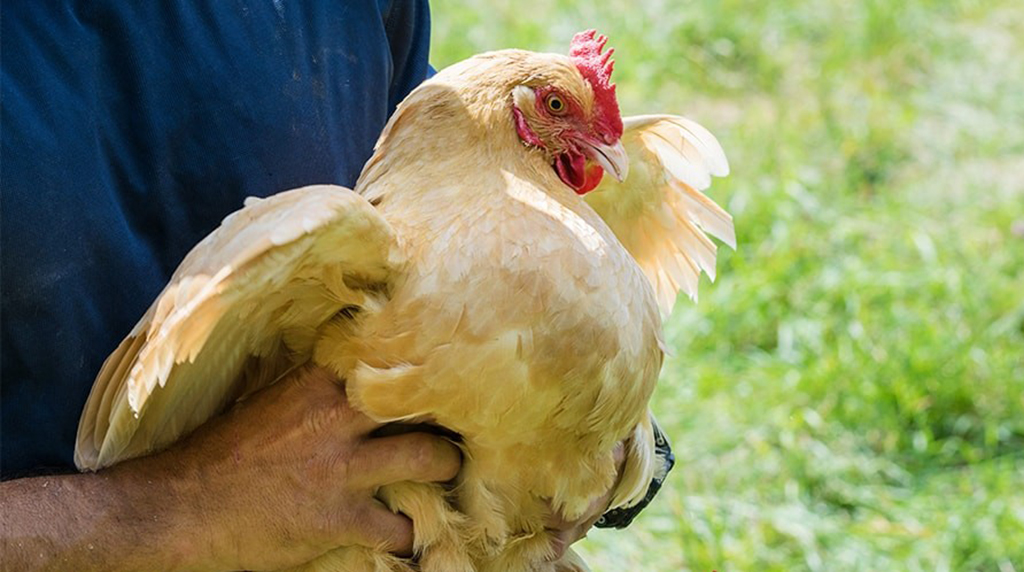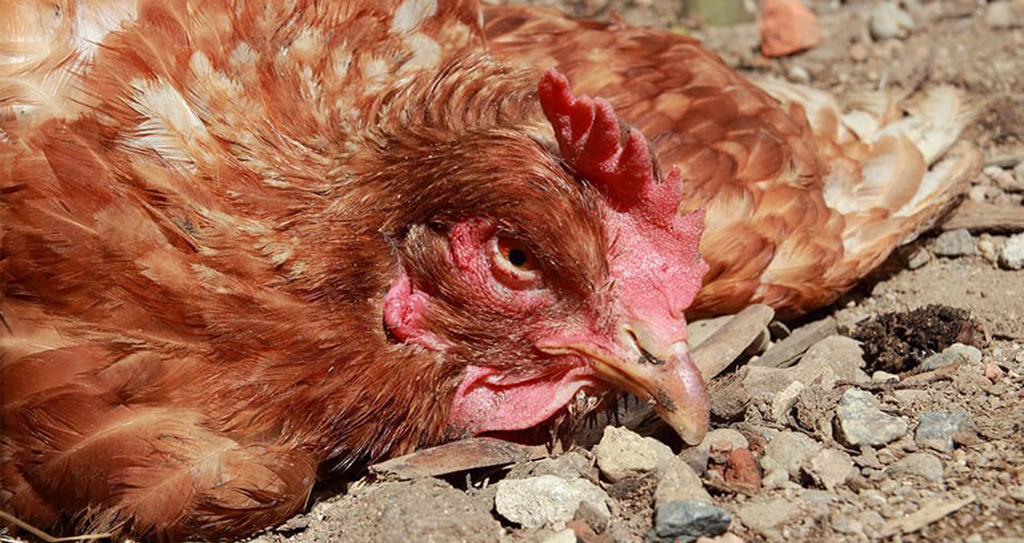In Part 7 of our Health and Well Being of the Chicken Flock series, we discussed conditions that affected a chicken’s eyes.
In Part 8 we will discuss conditions that affect the vent of a chicken.
CONDITIONS THAT AFFECT A CHICKENS VENT
Vent Gleet
This is a gastrointestinal condition that causes an inflammation in the chicken’s cloaca.
This can be caused by a number of different conditions including various yeast, bacteria, protozoa, fungi and parasite infections.
It is often referred to as Pasting or cloacitis and can also be brought on by stress, hormone-related uterus issues, egg laying and or a bowel infection.
When a hen gets stressed it causes her PH levels to increase and some predisposed hens will develop an infection in their cloaca and nearby areas such as the uterus and rectum.
Signs and Symptoms:
Egg production will drastically drop
Loss of appetite
They will have either a hard abdomen or a soft bloated one
They will have swelling and redness in the vent area
They may get constipated and battle to defecate
They may have a very bad odor about them
They will have dirty and or matted vent feathers
Their feathers usually become dull and at times scraggly
Their droppings will be rather runny
They may even be slimy blood-stained droppings
Treatment:
Isolate the chicken in a nice warm but good ventilated area
Make sure they have easy access to fresh clean water and feed
Contact the vet for a regime of antibiotics
Keep the vent/cloaca area clean and dry
You can try Metronidazole but speak to the vet first
Prolapsed Vent
Also called Cloacal Prolapse or vent blowout is a condition that has a potentially fatal outcome for the chicken.
It is when the inner tissue of the cloaca is forced outside of the vent. The soft tissue protrudes through the vent area. This causes blockage of the vent and most often than not the other chickens in the flock will attack and peck at the protruding tissue. The pecking also causes secondary infections to occur and a lot of trauma in the bird being pecked on.
This is usually because of egg-laying and is most common in battery hens that are forced to lay a high number of eggs. In some rare occasions, it is caused by tumors or masses in the hen’s reproductive tract.
Signs and Symptoms:
Bloodied droppings
Bad odor
Excessive preening
They look they are straining to defecate
A protruding mass from the vent area. It sometimes will disappear back inside the vent for a bit.
Treatment:
Isolate the chicken in a nice warm but good ventilated area
Make sure they have easy access to fresh clean water and feed
Contact the vet for a treatment regime and to help find the underlying cause of the condition. As it cannot be treated successfully if this is not first determined.
Under NO circumstances must a person try to push the mass back into the hen’s body.
The Vet will keep the area moist usually with warm saline flushes
Antibiotic would be prescribed
They may suture the with temporary stay sutures
Ventplasty which is a surgical procedure
If ventplasty does not work the vet may try Coacopexy
They may even do a Papilloma removal (Small tumor removal)
Egg Bound
Egg bound can also be referred to as Dystocia, Obstructing Cloaca and Egg Retention.
It is a very serious life-threatening condition that affects egg-laying hens.
This happens when a hen will struggle for more than a few hours to lay an egg.
This can happen due to a number of reasons and or underlying conditions such as:
Calcium tetany
Poor quality feed
Poo diet that is not very well balanced
Laying of very large eggs
Egg production starting to young in the hen
Egg laying at an older age
Obesity
Hypocalcemia which is hens that are calcium deficient.
Mycotoxins present in the food
Vent Pecking
This is not so much a condition than a horrible thing chickens do to each other.
If a hen has a wound on her vent or a prolapse the other chickens will go all out and peck at it. This is potentially fatal to the hen that is under attack as not only can it damage the surrounding tissue or the vent. Or cause more damage to whatever wound was there, to begin with. It is also a high risk for various other infections like to take advantage of raw wounded skin. For instance, flies that like to lay their eggs in wounded tissue/flesh.
Signs and Symptoms:
Bad wounds around the vent area
You may witness other birds pecking at the poor hen
Worse case scenario you find a dead hen with her vent area all but pecked out
Treatment:
Isolate the chicken in a nice warm but good ventilated area
Make sure they have easy access to fresh clean water and feed
Keep her as calm as possible
Contact the vet for a regime of antibiotics if the wounds are severe
Keep the vent/cloaca area clean and dry
Do not put the hen back with the rest of the flock until the wound has been completely healed up.
END OF PART 8
This is the end of the Part 8 of our “Health and Wellbeing of the chicken Flock” series.
Part 9 of the series is all about conditions that affect a chicken’s gut.
 Why Deworming Chickens is Important?
Why Deworming Chickens is Important? Conditions that can affect a Chicken Respiratory System
Conditions that can affect a Chicken Respiratory System Chicken Vaccinations and why they are Important to a Flock
Chicken Vaccinations and why they are Important to a Flock CONDITIONS THAT AFFECT THE A CHICKENS FEATHERS
CONDITIONS THAT AFFECT THE A CHICKENS FEATHERS CONDITIONS THAT AFFECTS A CHICKENS LEGS, TOES AND CLAWS
CONDITIONS THAT AFFECTS A CHICKENS LEGS, TOES AND CLAWS